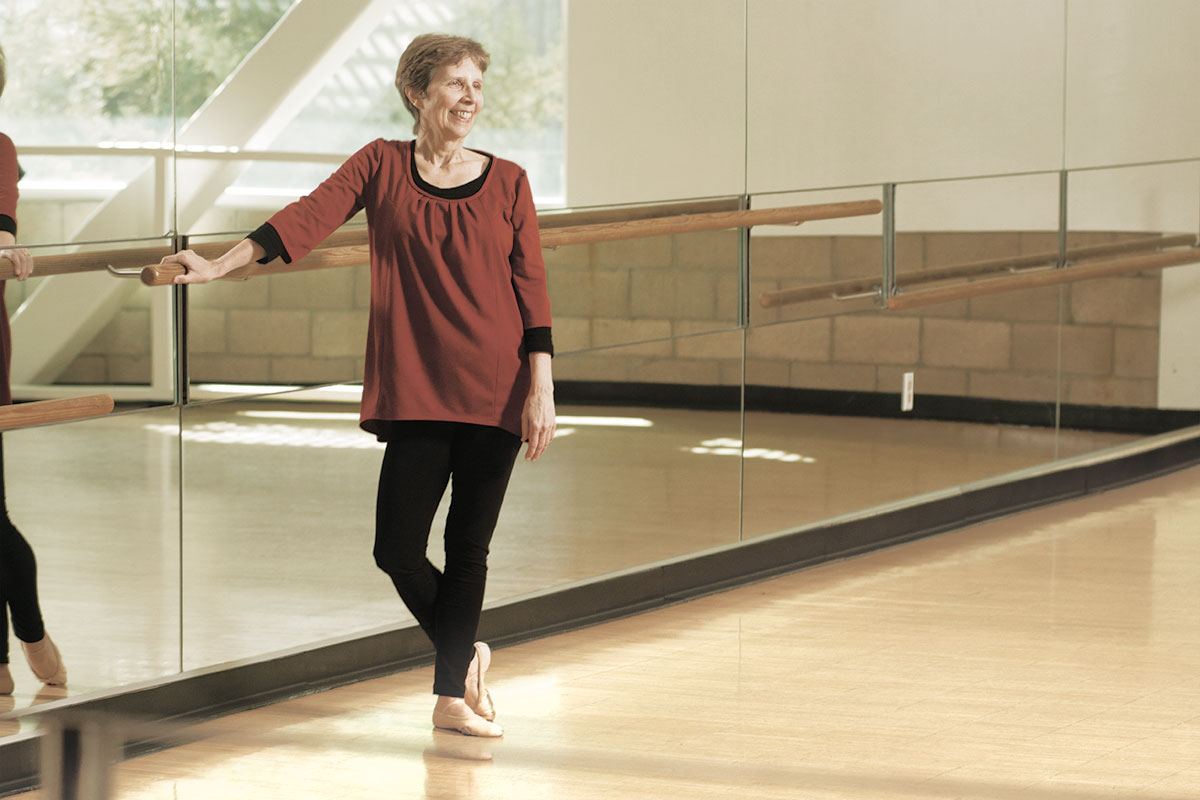
For Beverly Bossler, ballet brought discipline to her life.
Classes nearly every day from the age of 13 led to an apprenticeship with New York’s Dance Theatre of Harlem at 17. And though a performance career was not to be, the art form helped solidify Bossler’s focus and drive in her work as a Chinese history scholar.
These days, she is an expert on China’s High Imperial period, the 10th to 14th centuries. In fact, dance informs her latest research as she delves into how concubines entertained men during that time. Some of her findings will be published in a forthcoming volume on dance in East Asia for UC Press.
The UC Davis professor manages to take ballet class two to three days a week, sometimes teaching students herself. In addition to perfecting technique, it remains a good way to clear her head, she said.
“Dance can be a meditative exercise — to have something different to do, to get completely out of your head, especially if you are doing a lot of intellectual work,” Bossler said. “You leave all that behind, and all you are focused on is pulling up, pointing your foot and placement. You can’t think of anything else, and it’s very therapeutic.”